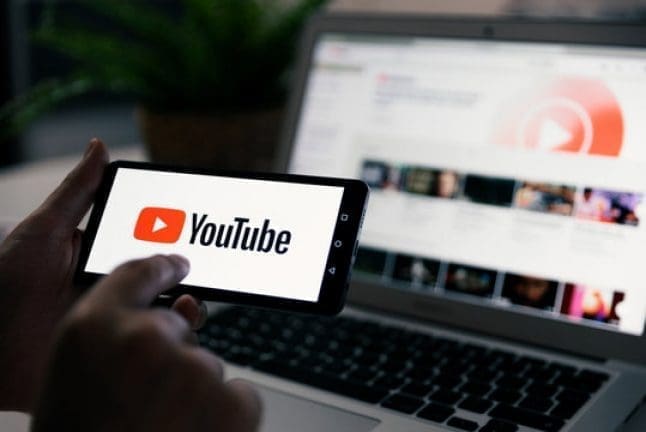According to an email sent to employees of parent company Google, YouTube is internally testing a product for playing online games, signaling ambitions to expand beyond video hosting into games that can be readily played and shared by users.

According to an email seen by The Wall Street Journal, Google recently invited employees to begin testing a new YouTube product called Playables, which provides users access to games on mobile devices and desktop computers.
According to a screenshot of the product, the games available for testing include Stack Bounce, an arcade game in which players attempt to crush brick layers with a bouncing ball. According to the email, users would be able to play the games immediately through the YouTube website on web browsers or the YouTube app on devices running Google’s Android and Apple’s iOS mobile operating systems.
YouTube, with its billions of monthly users, is already a popular destination for gamers and competes with Amazon’s Twitch for livestreaming video viewers. By hosting a variety of online games, the product would expand YouTube’s presence in the sector as CEO Neal Mohan seeks new development opportunities in the wake of a decline in advertising spending.
Google has had varying degrees of success in the past with game distribution, and the product would enter a market for online gaming that is declining. Before releasing new services to the public, the company frequently requests its employees to test them. Additional information regarding the company’s intentions for the product was unavailable.

“Gaming has long been a focus at YouTube,” said a company spokesperson. We are constantly experimenting with new features, but currently have nothing to announce.
Google allows users to obtain mobile games through the Google Play app store on Android devices, taking up to 30% of annual revenue from developers earning over $1 million. The communication sent to employees did not explain how YouTube would profit from the product.
On services such as Tencent’s WeChat and Meta Platforms’ Facebook, simple, easily-shareable games like those being tested for Playables have experienced brief periods of popularity. Some creators of viral games, such as “Angry Birds,” have struggled to duplicate their games’ initial success.
As part of a broader industry decline following a period of pandemic-fueled growth, consumer spending on mobile gaming, a category that includes many free-to-play casual games supported by advertisements, decreased last year.

Google stated last year that it would discontinue the Stadia consumer gaming service because it failed to attract enough users. Stadia enabled players to stream games directly from the cloud to multiple devices, a technologically challenging endeavor that required Google and Advanced Micro Devices to develop a custom chip.
Following the shutdown, Phil Harrison, the head of Stadia, stated that Google saw opportunities to apply the service’s technology to other aspects of the company, including YouTube.

